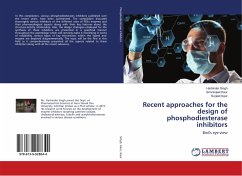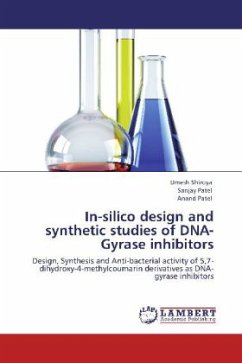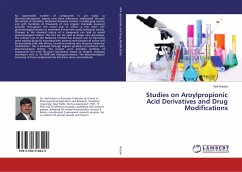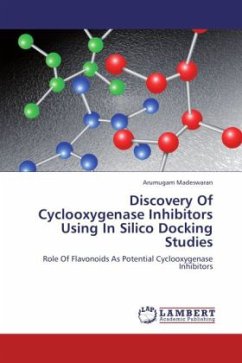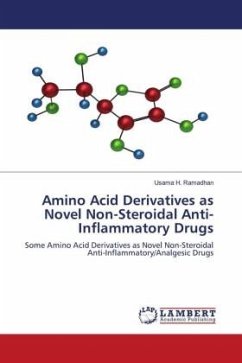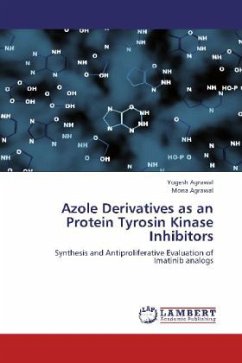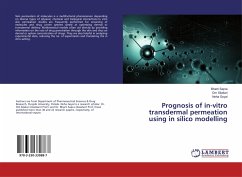Monoamine oxidase (MAO) inhibitors play a vital role in the treatment of various neurological and psychiatric disorders, such as depression, Parkinson's disease, and Alzheimer's disease. The identification of novel MAO inhibitors with high specificity and reduced side effects is a critical goal in drug discovery. Traditional experimental approaches, though effective, are often time-consuming and resource-intensive.This book focuses on the application of in silico screening techniques, leveraging computational tools to predict the MAO inhibitory activity of chemical compounds. By combining molecular docking, virtual screening, and structure-activity relationship (SAR) analysis, this approach offers a rapid and cost-efficient pathway to identify promising candidates for further experimental validation.The integration of in silico methodologies not only enhances the efficiency of drug discovery but also contributes to a deeper understanding of the interactions between potential inhibitors and MAO enzymes. This work aims to serve as a foundation for future research and development in this field, advancing both scientific knowledge and therapeutic innovation.
Bitte wählen Sie Ihr Anliegen aus.
Rechnungen
Retourenschein anfordern
Bestellstatus
Storno


